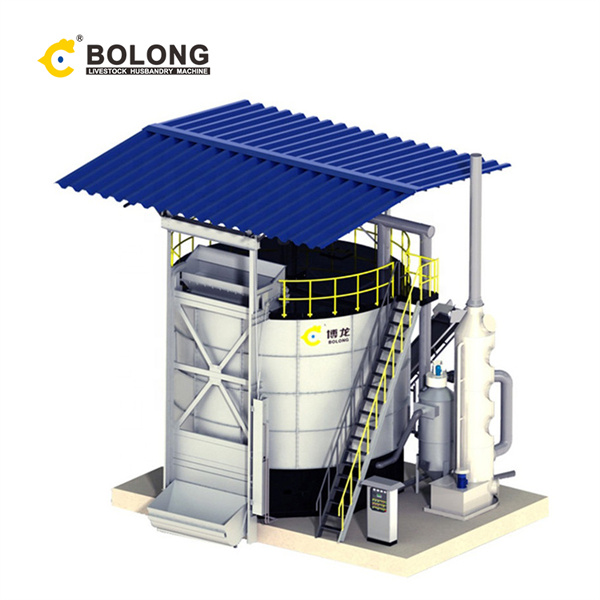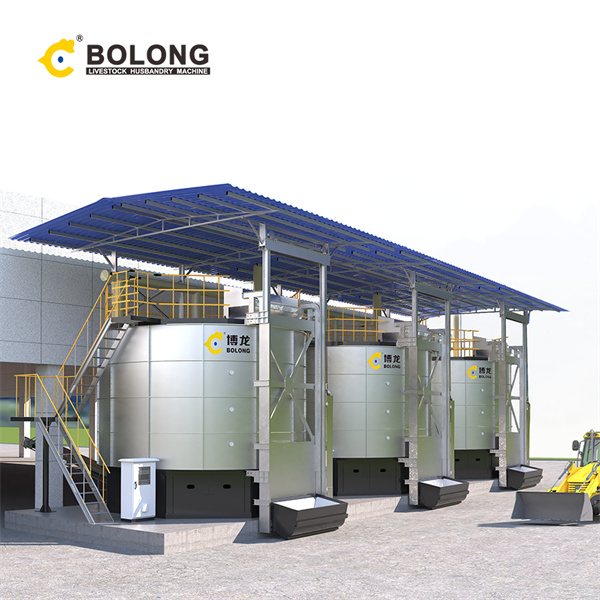The Role of Fermentation Tanks in Reducing Soil Salinity
Introduction
Soil salinity is a significant challenge for agriculture. Fermentation tanks produce compost that helps reduce soil salinity and enhance soil health, supporting sustainable farming practices.

Challenges of Soil Salinity
Soil salinity reduces soil fertility, inhibits plant growth, and lowers crop yields. Effective management practices are needed to reduce salinity and maintain soil health.
Role of Fermentation Tanks
Fermentation tanks produce compost rich in organic matter, which improves soil structure and enhances its ability to retain water. This helps reduce soil salinity and supports healthy plant growth.
Benefits to Agriculture
Using compost from fermentation tanks reduces soil salinity, improves soil fertility, and enhances crop yields. This supports sustainable farming practices and long-term soil health.

Conclusion
Fermentation tanks play a key role in reducing soil salinity. By producing compost, they enhance soil health and support sustainable agriculture, mitigating the impacts of salinity on crop productivity.